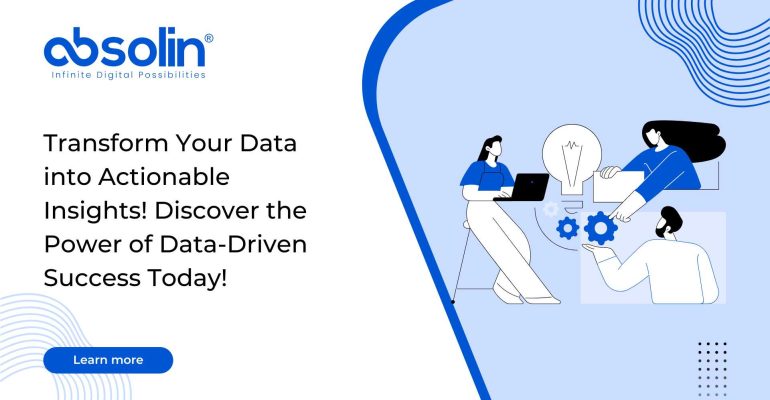Transforming Data into Actionable Insights: The Power of Business Intelligence

Transforming Data into Actionable Insights: The Power of Business Intelligence
In today’s fast-paced business environment, data is one of the most valuable assets a company can possess. However, raw data alone is not enough to drive growth or make informed decisions. The real challenge lies in transforming this data into actionable insights that can guide strategic decisions and operational improvements. This is where Business Intelligence (BI) comes into play.
Understanding Business Intelligence
Business Intelligence encompasses a range of technologies, tools, and practices used to collect, analyze, and present business data. The goal of BI is to enable companies to make more informed decisions by providing a comprehensive view of their data. BI systems help businesses understand trends, identify opportunities, and address issues before they become problems.
The Role of BI in Data Transformation
- Data Integration and Aggregation
One of the primary functions of BI is to integrate data from various sources into a unified system. This aggregation allows for a holistic view of business operations. For example, BI tools can combine data from sales, marketing, finance, and customer service, providing a comprehensive picture of how different departments interact and affect each other. - Advanced Analytics
BI systems utilize advanced analytics techniques, including predictive and prescriptive analytics. Predictive analytics forecasts future trends based on historical data, while prescriptive analytics suggests actions to achieve desired outcomes. For instance, a retail company might use predictive analytics to forecast demand for products during peak seasons, while prescriptive analytics could help in optimizing inventory levels to meet that demand. - Interactive Dashboards
BI tools often feature interactive dashboards that allow users to visualize data in real-time. These dashboards can present key performance indicators (KPIs), trends, and other critical metrics in a user-friendly format. Interactive dashboards empower decision-makers to explore data dynamically and drill down into specific areas for deeper analysis. - Data-Driven Decision Making
The ultimate power of BI lies in its ability to support data-driven decision-making. By providing actionable insights, BI systems enable businesses to make decisions based on empirical evidence rather than intuition. For example, a company might use BI to analyze customer feedback and identify areas for improvement in its products or services.
Real-World Applications of Business Intelligence
- Improving Operational Efficiency
BI can significantly enhance operational efficiency by identifying bottlenecks and optimizing processes. For instance, a manufacturing company might use BI to analyze production data and pinpoint areas where improvements can be made, leading to reduced downtime and increased productivity. - Enhancing Customer Experience
By analyzing customer data, BI can help companies understand customer preferences and behavior. This insight enables businesses to tailor their offerings and improve customer satisfaction. For example, a hotel chain might use BI to analyze guest feedback and booking patterns to enhance their services and marketing strategies. - Strategic Planning
BI supports strategic planning by providing a data-driven foundation for setting goals and measuring performance. Companies can use BI to track progress against strategic objectives, evaluate the effectiveness of their strategies, and make adjustments as needed. For example, a retail company might use BI to assess the performance of various marketing campaigns and adjust their strategy to maximize ROI.
Conclusion
Transforming data into actionable insights is a powerful way to drive business success. Business Intelligence tools and practices enable organizations to integrate, analyze, and visualize data in meaningful ways, providing the insights needed to make informed decisions. By leveraging BI, businesses can enhance operational efficiency, improve customer experiences, and strategically plan for the future. As the business landscape continues to evolve, the ability to harness the power of data through BI will remain a key differentiator for successful companies.
Embracing Business Intelligence is not just about keeping up with the competition—it’s about staying ahead of it. As companies continue to generate and collect vast amounts of data, investing in BI capabilities will be crucial for turning that data into actionable insights that drive growth and innovation.


